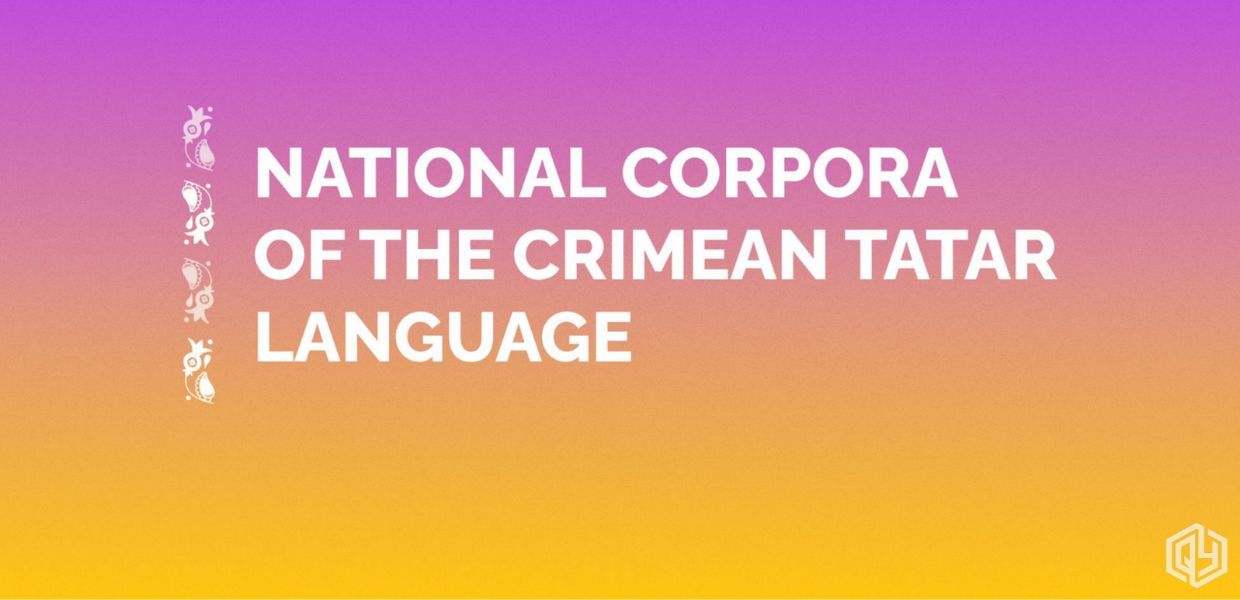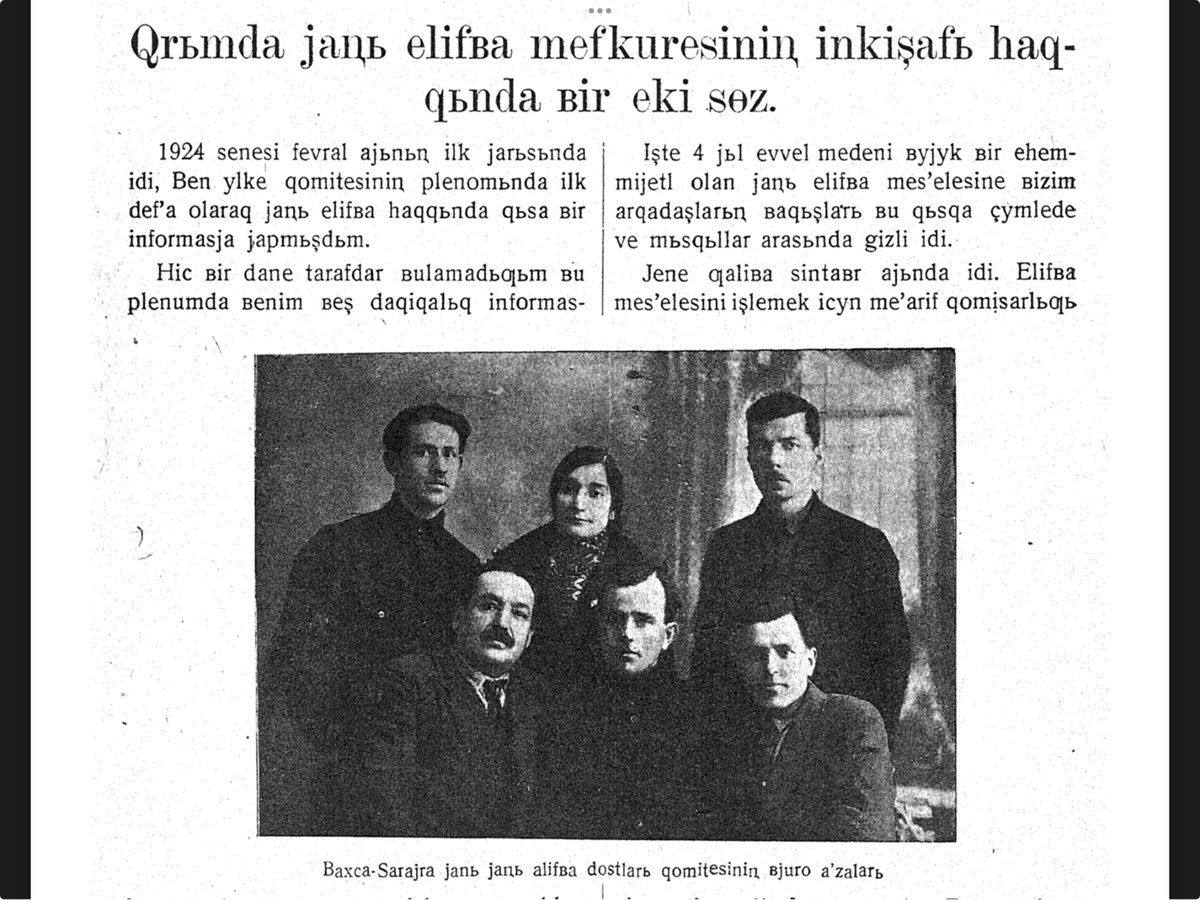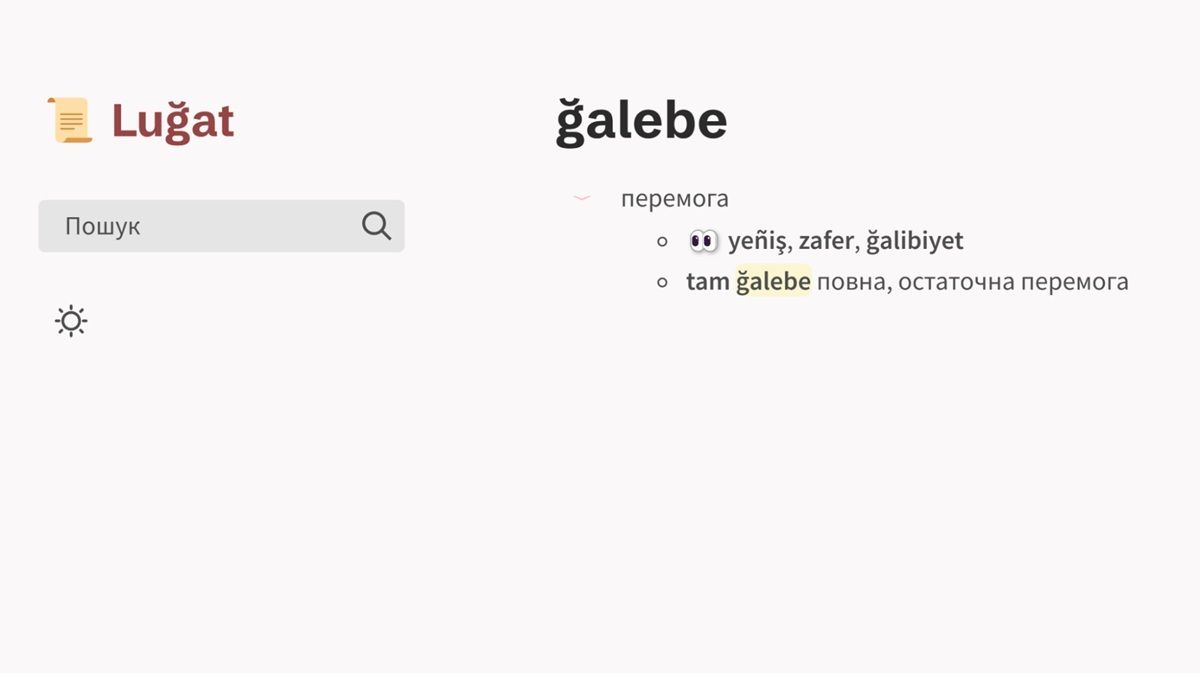The project’s roots trace back to 2013-2014, a time of heightened national awareness in Ukraine. It gained significant importance following the occupation of Crimea in 2014 and received a boost when Snaver Seithalilev, former Deputy Minister for Reintegration of Temporarily Occupied Territories, lent his support. The full-scale Russian invasion in 2022 added a sense of urgency. ‘It intensified our efforts to preserve and digitise Crimean Tatar language resources,’ Eldar recalls. ‘The threat to our cultural identity became even more palpable.’
The team proposes a multi-faceted, multi-level approach to ensure the language's longevity as a living cultural expression in the digital age. The team explains, ‘Our goal is to create a comprehensive digital platform for preserving and developing the Crimean Tatar language. We're not just archiving; we're building tools for the future – translation capabilities, spelling checks, and even an API for integrating the language into various applications.’
The project's ambition extends beyond preservation. ‘We aim to expand the use of Crimean Tatar in digital interfaces and standardise the language through automated proofreading tools. Thanks to our efforts, Crimean Tatar text translation has already been added to Google Translate, but imagine being able to hear and speak Crimean Tatar on this platform as well – that's the impact we're striving for.’
As winners of the Europeana Digital Heritage Nomination 2024, the team calls for support from the cultural heritage community. ‘We need funding to bring this vital project to life,’ they appeal. ‘We're also seeking connections with language technology experts, particularly those experienced in Turkic languages.’
While these needs are immediate, the team's vision reaches far into the future. ‘We're not stopping at a digital corpus. We're looking at developing a Crimean Tatar keyboard for Apple devices, speech-to-text recognition, language courses, and even AI applications in Crimean Tatar.’
As we conclude our conversation, the team's passion is palpable. ‘By supporting this project, the ecosystem in and around the common European data space for cultural heritage would not just be helping to preserve a language; it would be instrumental in safeguarding the cultural identity of an Indigenous people facing significant challenges’.
‘Together, we can keep this language alive and thriving,’ says Eldar, reminding us that in the digital age, heritage is not just something to remember but a living entity to nurture.




